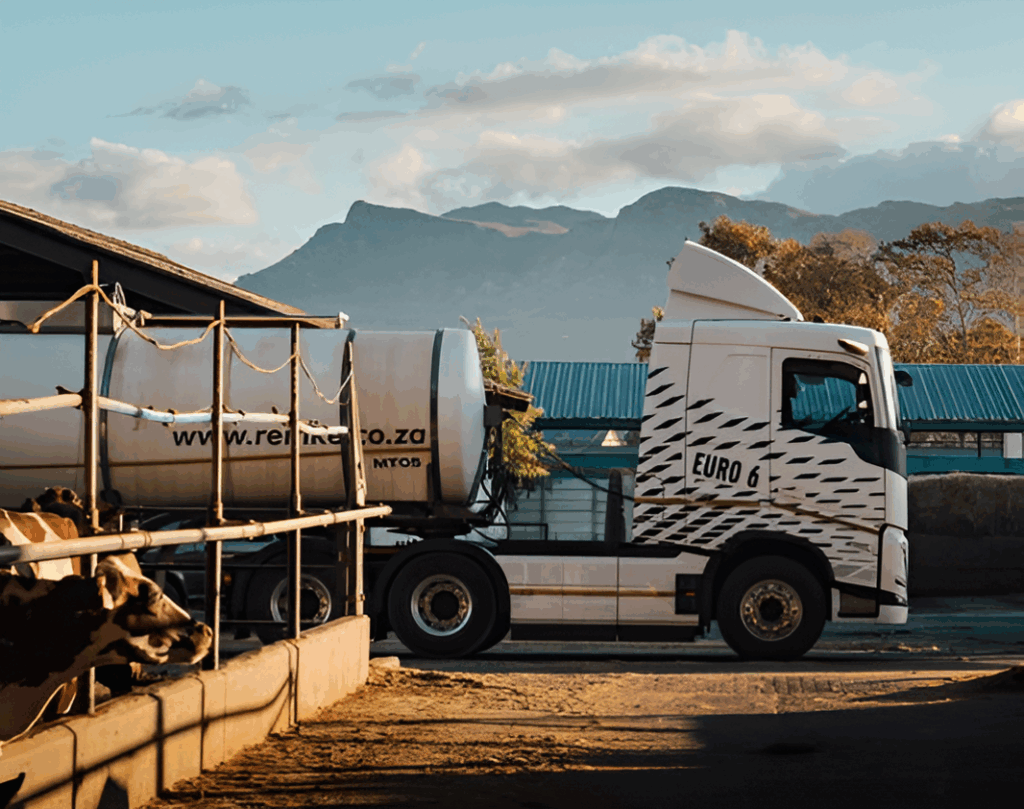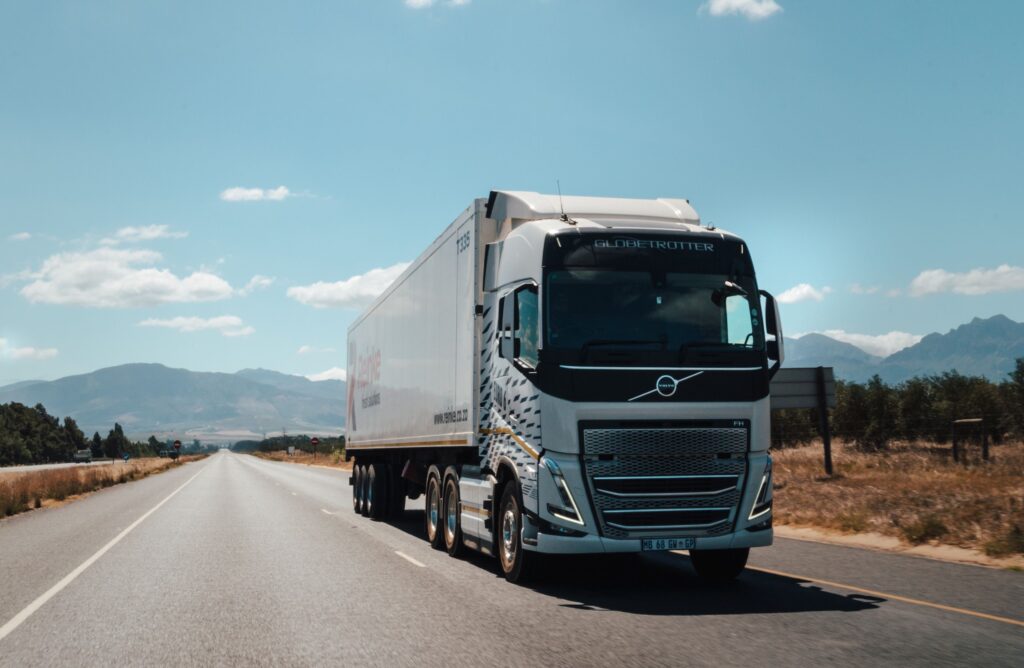In line with its commitment towards offering cleaner, more sustainable transport solutions, Volvo Trucks South Africa has introduced Euro 6 technology on its original long-haul icon, the Volvo FH.
“The introduction of the Volvo FH Euro 6 demonstrates a significant commitment by Volvo Trucks to reduce emissions on heavy-duty vehicles,” says Waldemar Christensen, Managing Director of Volvo Trucks South Africa. “While we continue to offer Euro 3 and 5 engines, we actively explore and introduce new technologies that have been thoroughly tested for local operating conditions, to ensure our customers have access to the latest innovations.”
The Euro 6 standard represents a substantial improvement over the current Euro 2 standards regulating both passenger and commercial vehicles in South Africa. Christensen says that with the introduction of the Euro 6 technology locally, the company is responding to the growing local demand for cleaner transport solutions in South Africa.
“This innovation embodies our commitment to reducing environmental impact and providing cutting-edge solutions that meet the evolving requirements of our customers,” he says. “In addition, the advanced engine technology incorporated into the FH Euro 6 also offers enhanced power and torque characteristics, resulting in improved overall vehicle performance.”
Volvo Trucks South Africa’s FH Euro 6 is available in four horsepower variants in the D13K engine range – 420, 460, 500 and 540, and in all cab configurations, namely Sleeper, Globetrotter and Globetrotter XL.
Built for tomorrow
With Euro 6 technology, Volvo Trucks is not only addressing the increasing demand for cleaner transport solutions but is also enabling forward-thinking transport operators to conduct their business more sustainably and responsibly – ultimately reducing their combined environmental impact, together.
“This cutting-edge technology is designed to meet the stringent requirements of Euro 6 Step E emission standards,” says Takalani Tshirame, Senior Manager of Product Support at Volvo Trucks South Africa. “About 90% of the environmental impact generated by a truck occurs during its operation – when it emits harmful exhaust gases, mainly nitrogen oxide and particulate matter.”
Transport is the lifeblood of society and it impacts human, social, economic and environmental matters. Forecasts indicate that the planet will be six degrees Celsius warmer by 2100. Most of the energy used today comes from non-renewable sources and air pollution, causing major public health and environmental problems worldwide.
To address these concerns, Volvo Trucks’ sustainability strategy shapes the responsible decisions they make about the future, today. Everything the company does underpins its long-term environmental strategy and demonstrates their commitment towards sustainable development over the next decade and beyond.
Diesel will be with us for a long time as the industry transitions to alternatives such as electric vehicles so, as Tshirame says, “when it comes to fuel, it’s not just about how much you can save but how much you can do with every litre. Achieving the perfect balance between fuel savings, drivability and performance, while considering the environment, is no easy task – until now. The Volvo FH Euro 6 is in direct response to this and represents our commitment to quality, safety and environmental care.”
Fulfilling the Euro 6 standard
The components in the aftertreatment system serve two main purposes: To improve gas flow and make sure that the exhaust gases reach the after-treatment system at optimum temperature, thus ensuring the emission level. The cooled Exhaust Gas Recirculation (EGR) recirculates a small portion of the exhaust back to the air intake to reduce the amount of particulate matter (PM).
The Diesel Oxidation Catalyst (DOC) converts nitric oxide to nitrogen dioxide (NO2); this is necessary for the Diesel Particulate Filter (DPF) to efficiently combust the particulates. In cold conditions, it also provides the heat needed for regeneration. The DPF collects particulate matter (PM) until it is automatically burned off during regeneration. In the mixing zone in the Selective Catalytic Reduction unit (SCR), the exhaust gases are sprayed with AdBlue®. When they reach the catalyst, the nitrogen oxides (NOx) are efficiently transformed into harmless nitrogen gas and water.
Although these engines are designed in Europe, they are carefully adapted to withstand the demands of the South African climate and road conditions. The fuel quality has improved in South Africa with 10ppm being the optimal choice for Euro 6 now becoming increasingly available across the country.
Shaping Tomorrow
Given the fact that USA President Donald Trump considers climate change to be “a hoax’ and is acting accordingly, FleetWatch applauds – loudly – companies like Volvo Trucks for ignoring such inane foolishness and continuing in their quest to give our kids and grand-kids hope for a brighter future.
“The choices we make today define the world we will live in tomorrow. Climate change, population growth and increasing urbanisation is shifting the expectations on transport and infrastructure, making sustainable transportation increasingly important,” says Christensen.
“Together, we must transition to sustainable transport solutions and renewable energy sources to mitigate these dire predictions. By making conscious choices to support green initiatives and advocate policy changes, we can collectively make a significant impact to create a healthier, more sustainable future for generations to come. Our actions today, will shape the world of tomorrow.”
Well said Sir!
Ends






